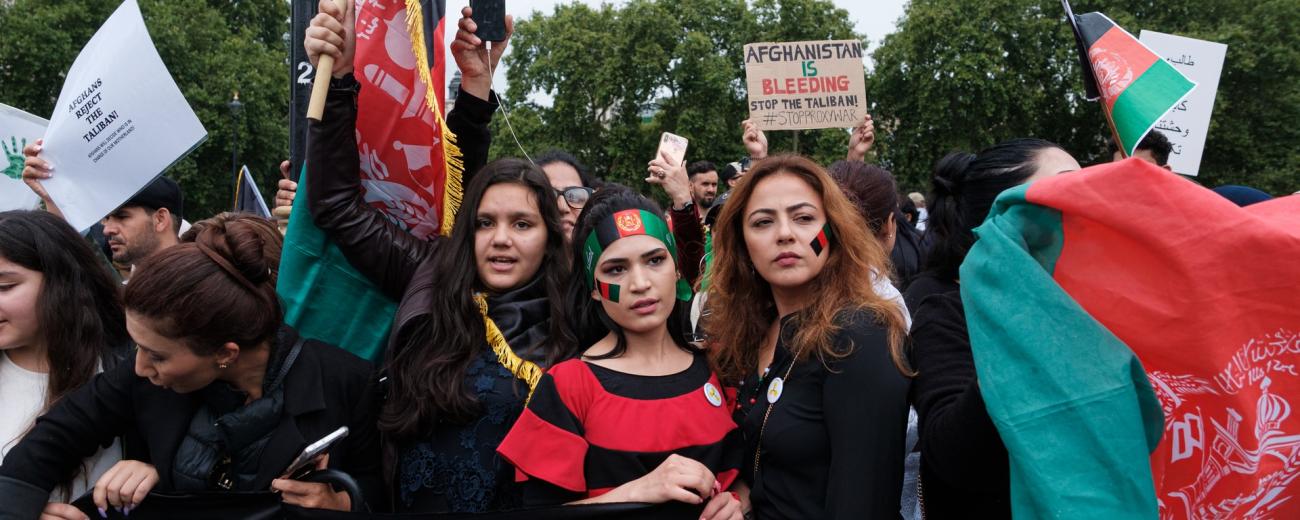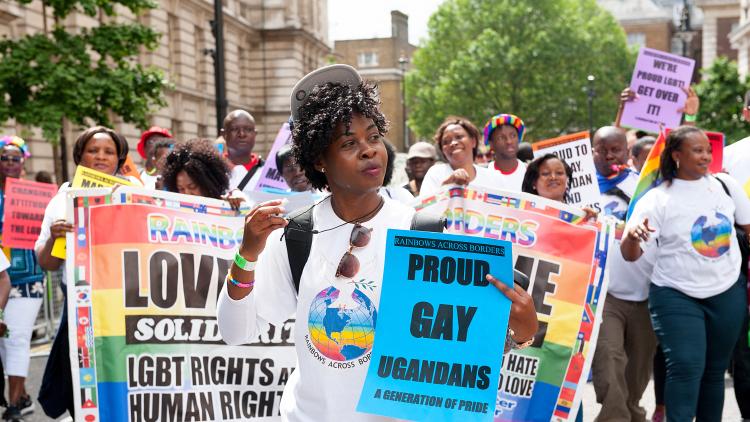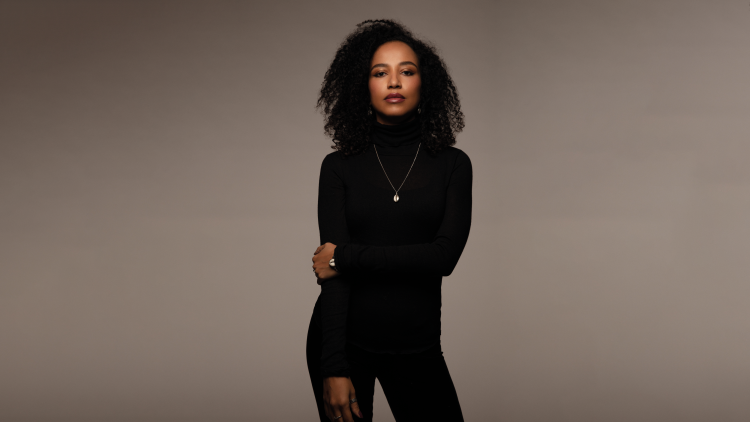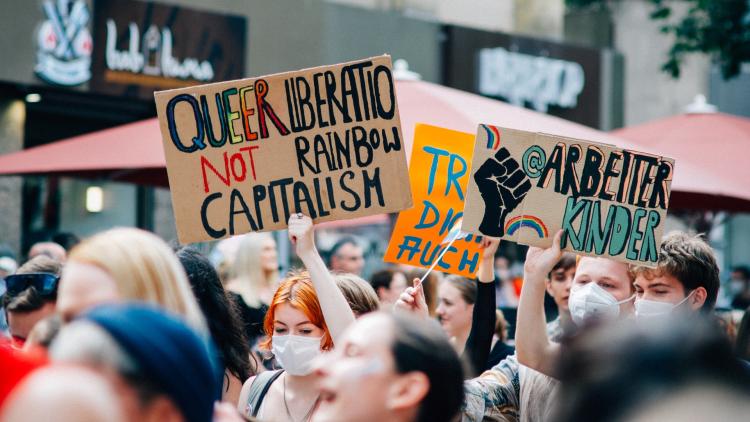MA Gender Studies and Law


Key information
- Start date
- Duration
- 1 year
- Attendance mode
- Full-time or part-time
- Location
- On Campus
- Fees
-
Home student fees: £12,220 per year
Overseas student fees: £25,320 per yearPlease note that fees go up each year.
See postgraduate fees for further details. - Course code
- PGTF0038
- Entry requirements
-
...
-
A 2:1 degree in a relevant undergraduate degree.
If you have a lower degree classification, your application may be considered if you can present a strong case, either through relevant work experience, other legal qualifications, or a strong supporting statement. References are not required, but can help build a stronger application if you fall below the 2:1 requirement or have non-traditional qualifications.
See international entry requirements and English language requirements.
Course overview
The MA Gender Studies and Law at SOAS is a unique programme, its principal aim being to re-focus issues prioritised in western Gender Studies and Legal Theory on the complex specificities of Asia, Africa and the Near and Middle East.
Jointly housed by the Centre for Gender Studies and the School of Law, the programme offers the specialised study of gender and law in relation to the cultures of Asia, Africa and the Middle East, together with rigorous training in, and questioning of, contemporary gender theory. In terms of gender theory, it offers a solid foundation with sufficient breadth and depth to facilitate a range of specialist pathways. In terms of specialisation, it draws on the expertise of internationally recognised scholars of Asian, African and Middle Eastern Studies at SOAS.
The MA Gender Studies and Law at SOAS caters for students with a variety of backgrounds and objectives, including those:
- coming from Women’s Studies or Gender Studies who wish to engage more deeply with gender theory in relation to regional specialisation and to connect this with legal knowledge, especially, but not exclusively, the societies of Asia, Africa and the Middle East
- coming from Asian, African or Middle Eastern Studies who wish to incorporate the study of gender and law into their own areas of expertise
- having previously trained in particular disciplines, such as Anthropology, Comparative Literature, Cultural and Media Studies, History, Politics, Religious Studies, Sociology, Refugee/Diaspora Studies etc.
Why study MA Gender Studies and Law at SOAS?
- SOAS is ranked top 20 in the UK (QS World University Rankings 2023).
- We are ranked 6th in the UK for employability (QS World University Rankings 2023).
- Our research publications have been rated first in the UK - and our School of Law rated sixth in the UK - in the Research Excellence Framework (REF) 2021.
For more information email: genderstudies@soas.ac.uk
Structure
Students take courses to the value of 120 credits and a dissertation worth 60 credits which amounts to the total 180 credits required to complete the degree programme.
All students take the Preliminary course in law, legal reasoning and legal methods. This is a compulsory component which runs as an intensive two-week course in September, prior to the start of term.
All students take the compulsory core courses Gender Theory and the Study of Asia, Africa and the Middle East, Dissertation Methods for Gender Studies, and Gender Sexuality and Law: Theories and Methodologies. Further options include a wide range of gender and gender-related courses from a comprehensive list. Students also choose one Law option from the general MA in Law list (subject to course convenor approval).
Upon completion of coursework and written examinations in May/June, students will write a 12,000 word dissertation based on material acquired from their courses.
Important notice
The information on the website reflects the intended programme structure against the given academic session. The modules are indicative options of the content students can expect and are/have been previously taught as part of these programmes.
However, this information is published a long time in advance of enrolment and module content and availability is subject to change.
Compulsory
Guided options
45 credits guided options
Teaching and learning
Students will have access to a wealth of study resources available in the SOAS Library and in nearby institutions such as the British Library, Institute of Advanced Legal Studies, University College London Library and Senate House Library .
Courses are taught by a combination of methods, principally lectures, tutorial classes, seminars and supervised individual study projects.
Each taught course has its own approved methods of assessment, designed to address the particular learning outcomes of that course. Assessment methods may include essays, weekly reaction papers, unseen, seen or take-home examinations, research projects, individual or group presentations, translations, learning journals, oral examinations etc., as appropriate.
Students are also required to attend regular seminars organised by the Centre for Gender Studies, details of which are included in the handbook and further details of which are advertised on the Centre’s website and notice board.
Learning resources
SOAS Library is one of the world's most important academic libraries for the study of Africa, Asia and the Middle East, attracting scholars from all over the world. The Library houses over 1.2 million volumes, together with significant archival holdings, special collections and a growing network of electronic resources.
Scholarships
Employment
Graduates leave SOAS with an enhanced knowledge of gender and equality across cultures, as well as a wide range of transferable skills. Gender Studies is highly regarded by employers across many sectors, as increasingly, policy makers, businesses and governing structures understand the need to engage with gender and sexuality.
Recent Gender Studies graduates have been hired by:
- ActionAid
- Amnesty International
- Association for Women’s Rights in Development
- Commission for Gender Equality
- Euromet Feminist Initiative
- International Organization for Migration
- International Rescue Committee
- Raising Films
- The Children’s Society
- The Guardian





